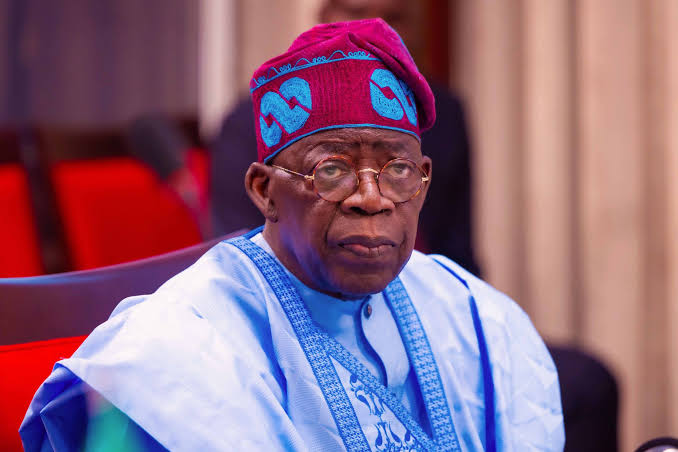
Amid the prevailing economic constraints and the recent removal of fuel subsidy, President Bola Tinubu’s administration is set to expend approximately N1.37 billion over the course of four years to cover housing allowances for the newly appointed ministers. This move has sparked debates given the country’s financial strain and the government’s efforts to cut costs.
As reported by SundayPUNCH, the annual allocation for providing accommodation for the ministers in the Federal Capital Territory (FCT) Abuja is projected to be around N343.25 million. The funds will be utilized to cater to essential aspects like accommodation, domestic staff, utilities, and furniture allowances. These allowances, based on data sourced from the Revenue Mobilisation Allocation and Fiscal Commission (RMAFC), have been outlined at 200 percent of basic salary for accommodation, 75 percent for domestic staff, 30 percent for utilities, and 300 percent for furniture (which is paid once in four years).
The announcement comes in the wake of President Tinubu’s nomination of 48 ministerial candidates, setting a new record in Nigeria’s Fourth Republic for the highest number of nominees. Despite the country’s ongoing economic challenges, the administration’s decision to allocate substantial funds to housing allowances for the ministers has drawn attention and sparked discussions about the appropriate allocation of resources during such times.
Furthermore, the contentious issue of high governance costs has been brought to the forefront, with critics raising concerns about the increasing expenditure on ministerial accommodations. Each minister is set to receive an annual total of N7.7 million, while ministers of state will receive N7.45 million annually. Over a four-year period, the estimated total cost for the 32 ministers and 13 ministers of state is projected to reach N1.37 billion.
With the pending approval of three additional ministerial nominees, public discourse surrounding the allocation of funds and the need for prudent financial management continues to gain momentum. As the nation navigates its economic challenges, the debate on the appropriate allocation of resources remains a topic of significance in the current political landscape.